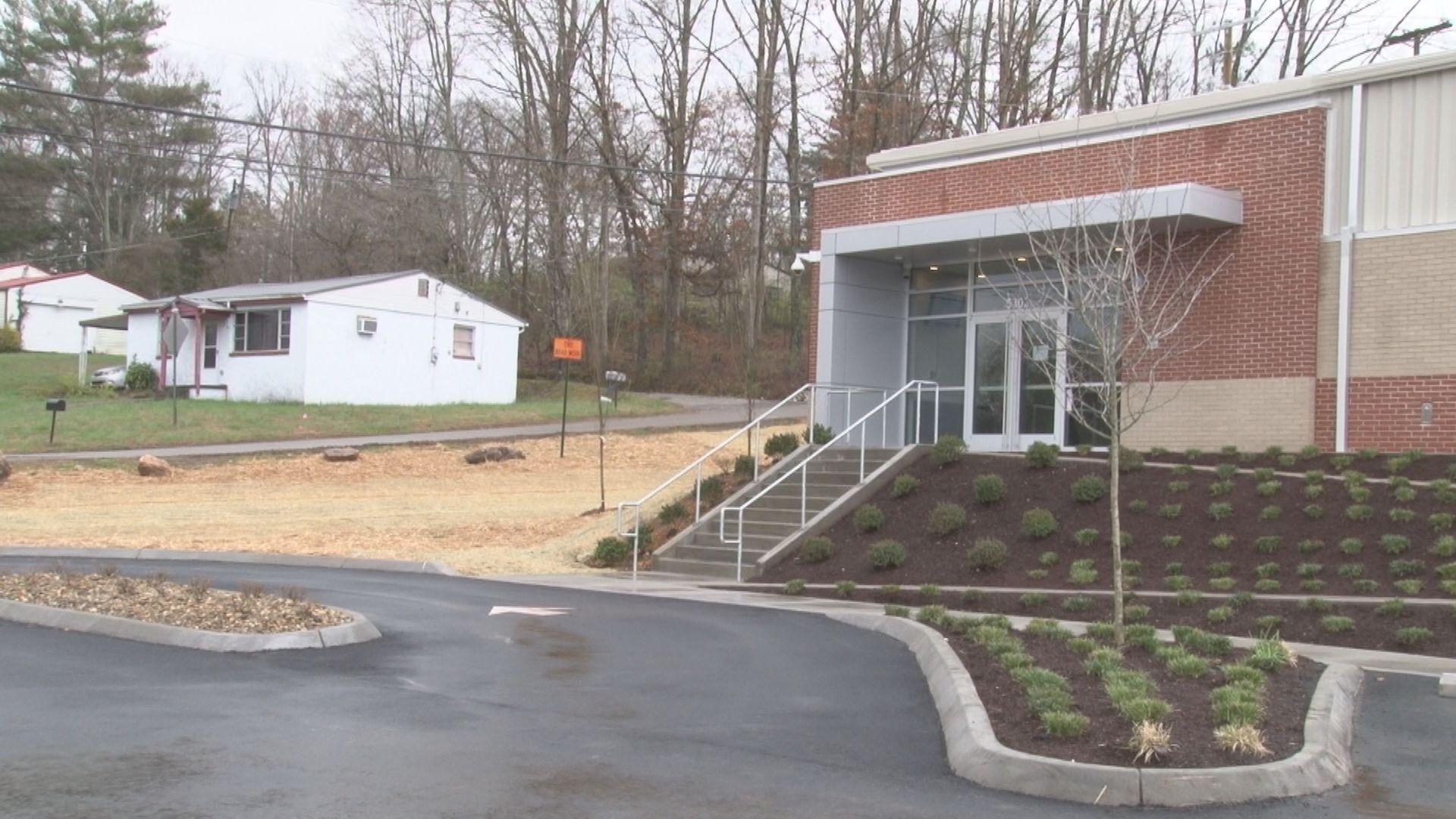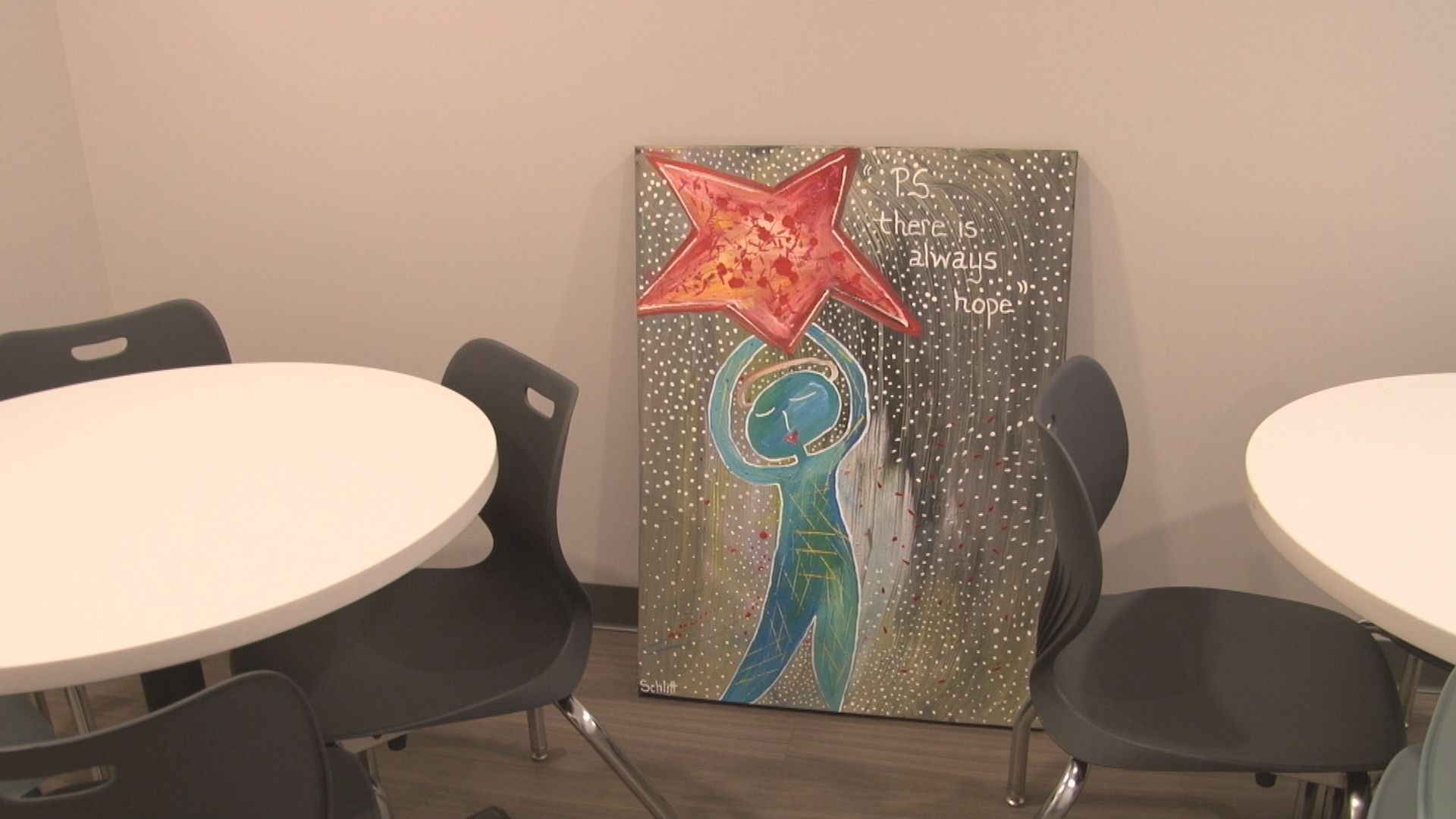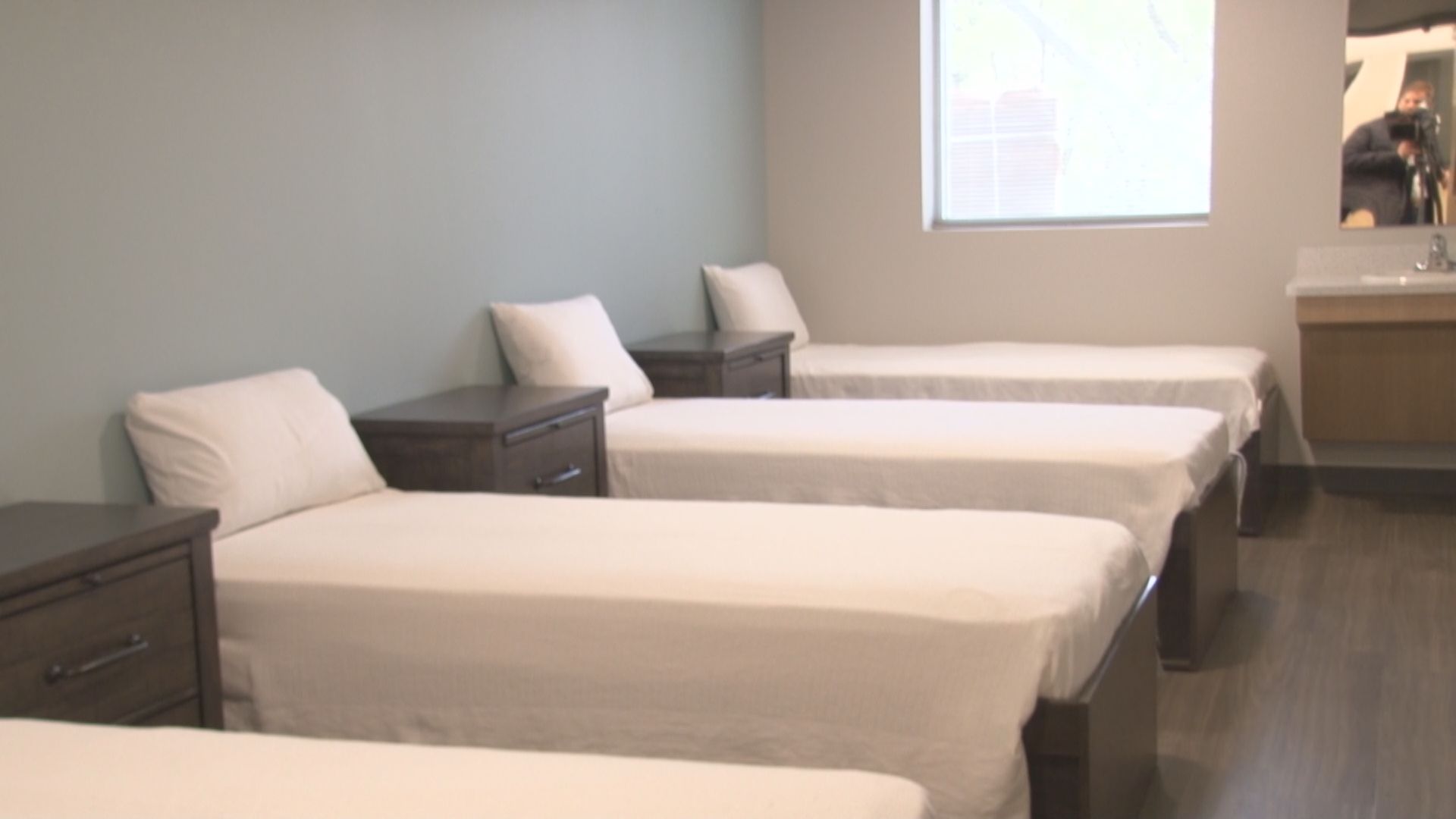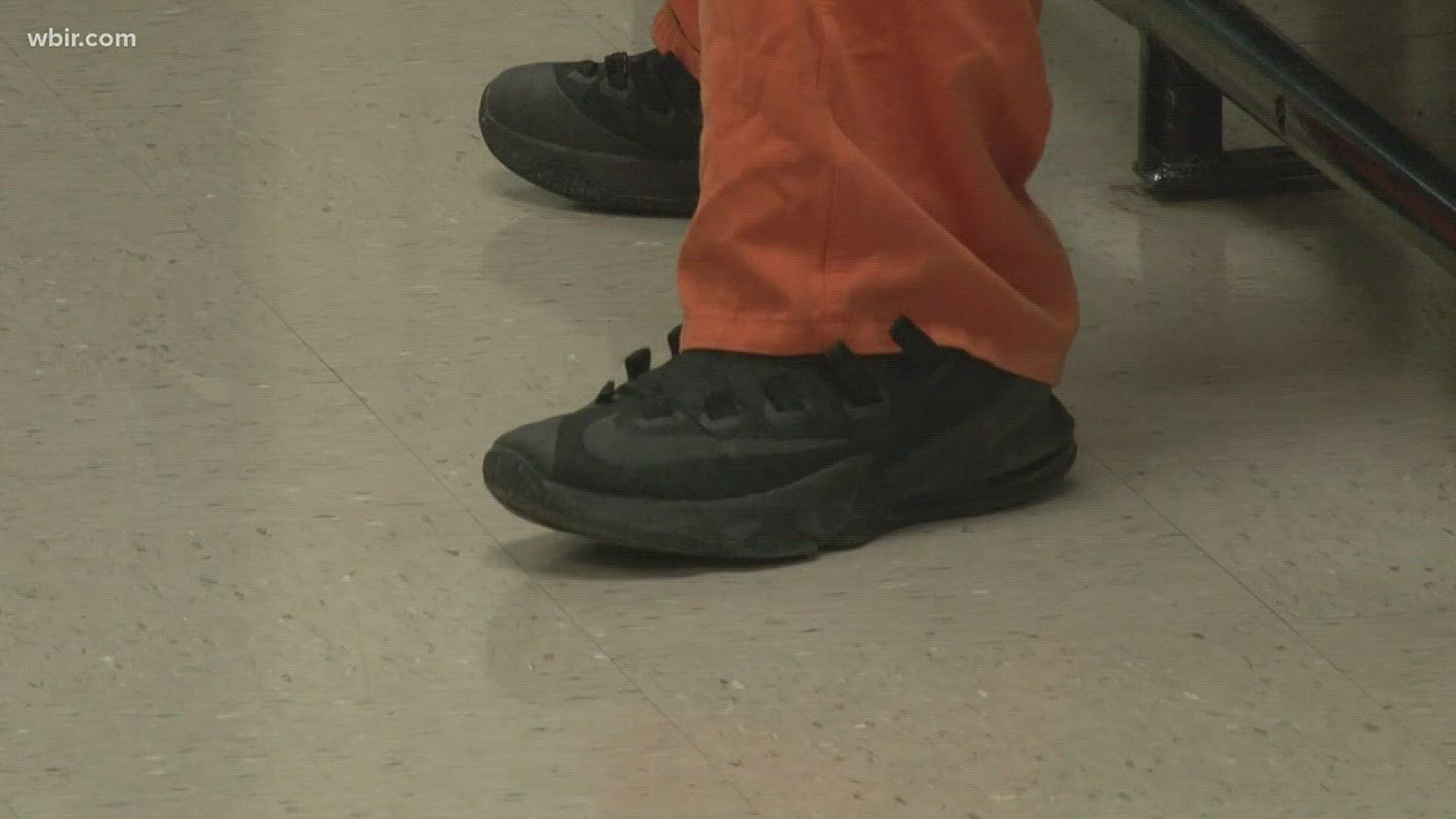Knox County is making a bet that treatment is more valuable than incarceration.
"We’re taking some risks here. We’re taking some chances that this is the new way to do business," said Randy Nichols with the Knox County Sheriff’s Office of the new Behavioral Health Urgent Care Center.
"We’ve had people from all over the country take a look at this. There’s a great deal of excitement about how we’ve chosen to do it here," Nichols said.
The newly completed Behavioral Health Urgent Care Center will serve as an alternative to jail, housing people who have committed low-level, non-violent misdemeanors for around three days at a time.

The official ribbon cutting for the building will be held this Friday. The first patients will be seen at the West Knoxville facility on Monday.
The BHUCC is a partnership between the county, the city of Knoxville and the Helen Ross McNabb Center.
"The concept that we’re working under is to divert people from jail who don’t need to be going to jail," said Jerry Vagnier, president and CEO of the Helen Ross McNabb Center. "This program is an absolute game changer in the sense that people who don’t normally get care are going to have access to care."

People who have committed the following crimes will be eligible to receive treatment at the facility, instead of going to jail:
• Public Intoxication
• Disorderly Conduct
• Resisting Arrest
• Trespassing
• Underage Consumption
• Obstructing Sidewalk
• 911 calls – misusing
• Panhandling
Nichols said the county currently has a record number of inmates, more than 1,400 as of Monday, and spends around $40 million a year on its jail.
"The goal of course is for you to go to jail, get corrected, then go back out and don't come back. That's not working," Nichols said. "We're spending and spending and spending taxpayer money, and we're not sure that you're getting the benefit of the dollar anymore."

The people who are treated at the BHUCC will also receive resources to help them get back on their feet.
"That will provide a better community investment than the cycle of being in jail and going back to jail without ever having an intervention," Vagnier said. "Our community is due to have a really valuable service that is going to help people stay healthy and in the community as opposed to jail."

